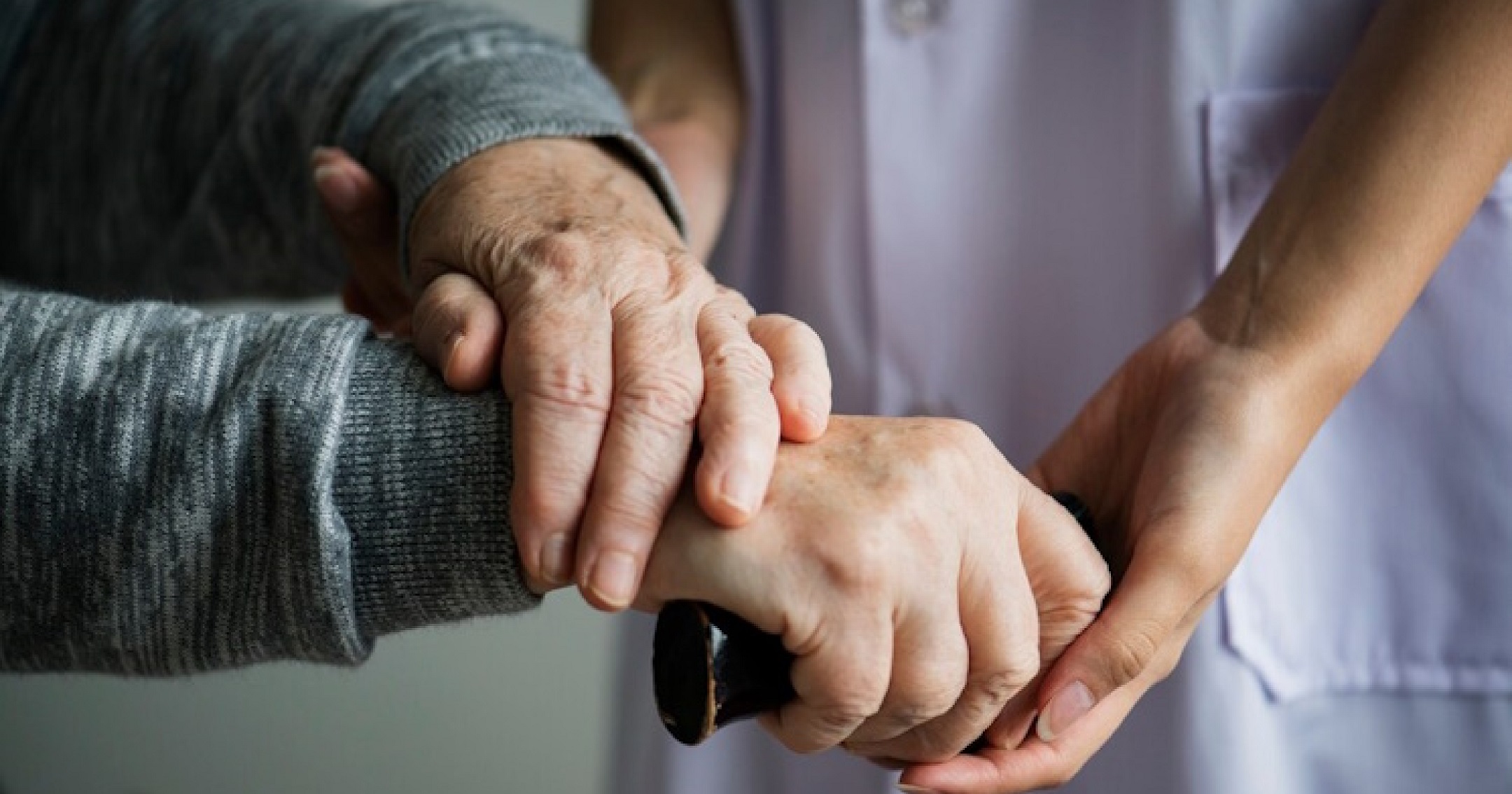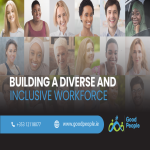Becoming a carer in Ireland is a rewarding and
fulfilling career choice. Carers are people who provide care and support to
others who need it, such as older people, people with disabilities, or people
with chronic illnesses. Carers can work in different settings, such as in the
home, in the community, or in residential care facilities.
There are different types of carers in Ireland,
such as family carers, home care workers, care assistants, and foster carers.
Each type of carer has different roles and responsibilities, as well as
different qualifications and training requirements.
● Family
carers are people who care for a relative or friend who needs support due to
illness, disability, or old age. Family carers do not get paid for their work,
but they may be eligible for some financial and social supports from the
government or other organisations. Family Carers Ireland is a national charity
that provides information, advice, and advocacy for family carers.
● Home
care workers are people who provide personal care and assistance to clients in
their own homes. Home care workers are employed by home care agencies or
organisations that are contracted by the Health Service Executive (HSE) or
private clients. Home care workers need to have a relevant FETAC/QQI Level 5
qualification or equivalent, as well as a full driving licence and access to a
car.
● Healthcare
assistants are people who work in residential care facilities, such as nursing
homes, hospices, or disability services. Care assistants help residents with
their daily living activities, such as personal hygiene, dressing, feeding, and
mobility. Healthcare assistants also need to have a relevant FETAC/QQI Level 5
qualification or equivalent, as well as good communication and interpersonal
skills.
● Foster
carers are people who provide a stable and nurturing home for children and
young people who cannot live with their own families for various reasons.
Foster carers can be single, married, cohabiting, or in a civil partnership.
They can also be of any age, gender, ethnicity, religion, or sexual
orientation. Foster carers need to be over the age of 25 and have a spare
bedroom in their home. They also need to undergo an assessment and approval
process by Tusla, the Child and Family Agency, or by an accredited foster care
agency. Fostering First Ireland is one of the largest independent foster care
agencies in Ireland.
If you are interested in becoming a carer in
Ireland, you can find out more information about the different types of carers,
the qualifications and training required, the benefits and challenges involved,
and the application process by visiting our websites www.goodpeople.ie/career . You can
also contact us directly by email hr@goodpeople.ie
to ask any questions you may have.











